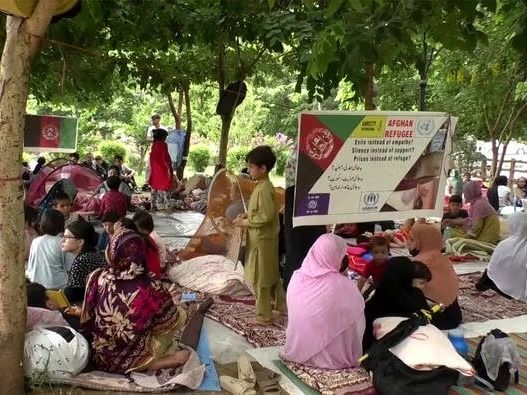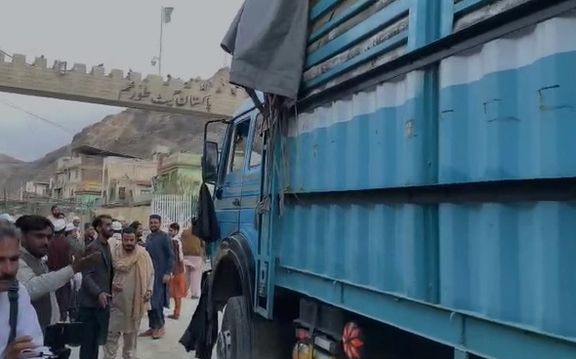The team will now be eligible to compete in FIFA-sanctioned competitions.
The Afghanistan Women’s Refugee Team (AWRT) will initially operate on a one-year pilot basis, designed to assess the long-term viability of the initiative and lay the groundwork for the potential formation of similar teams representing refugees of other nationalities in future.
Under the terms of the plan, the team will be permitted to participate in officially recognised friendly matches and tournaments overseen by FIFA. On Friday, FIFA confirmed that a safe and secure environment will be provided to protect the health and well-being of the players.
The move signifies the official recognition of a national-level team comprised of Afghan women footballers who were forced to flee the country and seek asylum abroad following the return to power of the Taliban.
FIFA President Gianni Infantino hailed the decision as a “historic milestone”, reaffirming FIFA’s commitment to ensuring that every girl around the world has the opportunity to play football.
According to FIFA regulations, national teams must operate under the auspices of a recognised national football federation. However, the Afghanistan Football Federation, now under Taliban control, does not recognise women’s teams, and all women’s sporting activities in the country remain banned.
The Afghanistan women’s national football team has not participated in any official matches since 2018 and has since been removed from FIFA’s global ranking of 196 teams.
As a result, Afghanistan was excluded from the draw for the AFC Women’s Asian Cup 2026 qualifiers, which also serve as the preliminary stage for the 2027 FIFA Women’s World Cup in Brazil.
In response, players and supporters of the exiled team renewed calls for FIFA to formally recognise them and allow them to represent their homeland on the international stage.
FIFA also announced a series of measures aimed at the future expansion of the FIFA Women’s World Cup and renewed its commitment to combating racism in football. The Women’s World Cup will be expanded to include 48 teams across 12 groups, with the number of matches rising from 64 to 106. The tournament will also be extended by one week.
Afghan women footballers, displaced by the Taliban’s return to power, have campaigned for years to have their team officially recognised and to secure the right to participate in international competition.






